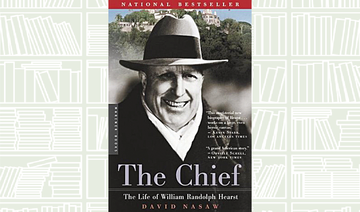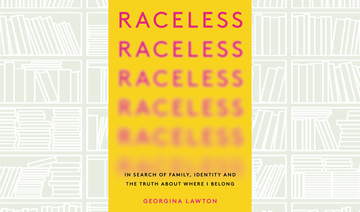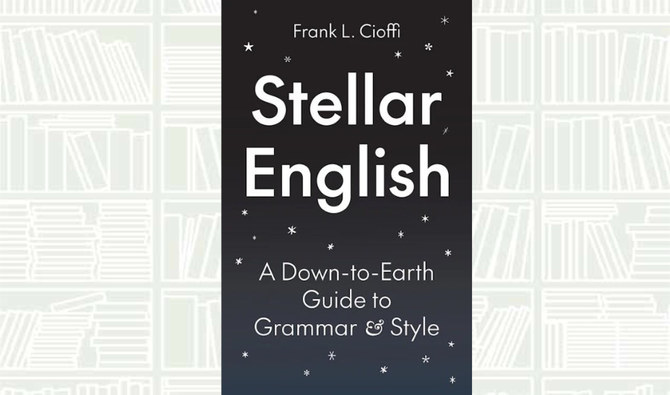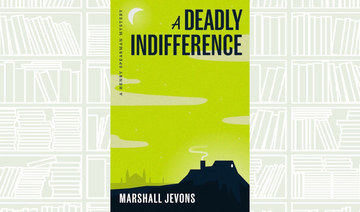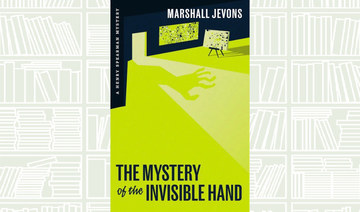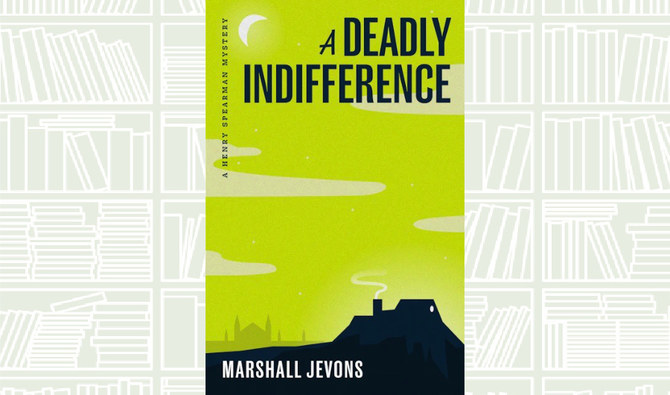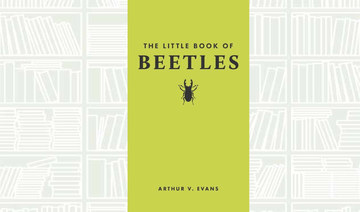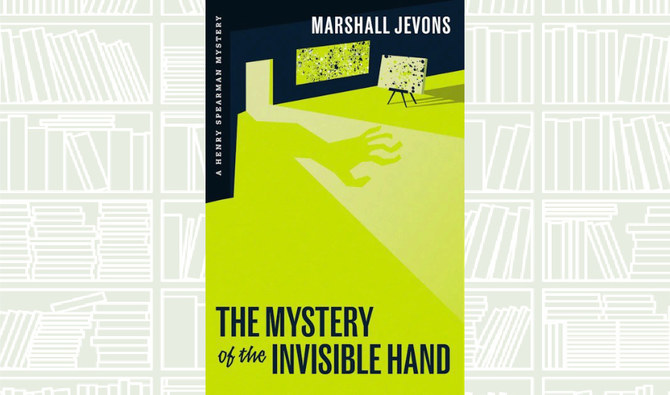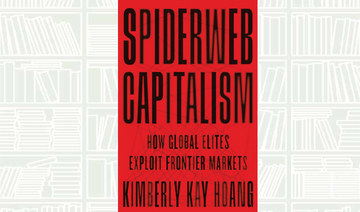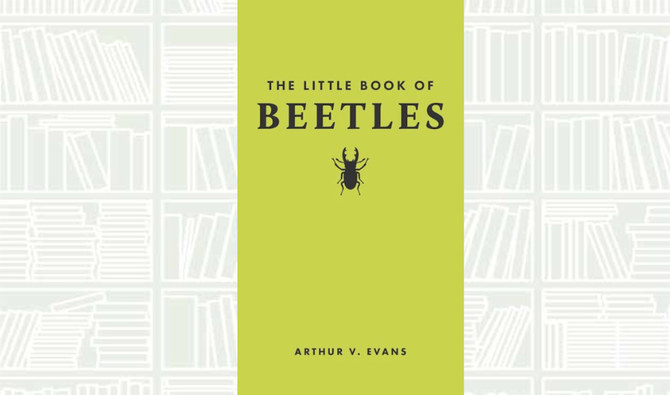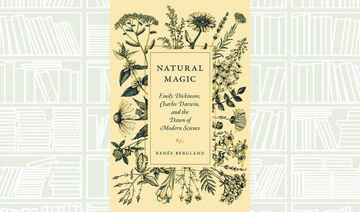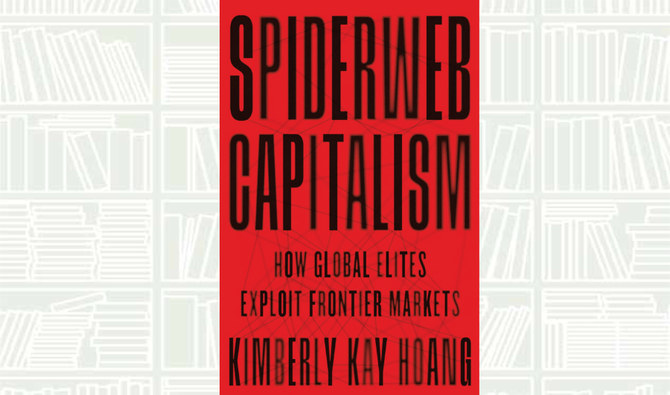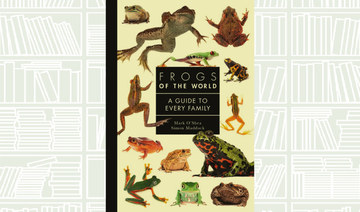When Hugh MacLeod was a struggling young copywriter living in a YMCA, he started to doodle on the backs of business cards while sitting at a bar.
Those cartoons eventually led to a popular blog — gapingvoid.com — and a reputation for pithy insight and humor, in both words and pictures.
MacLeod has opinions on everything from marketing to the meaning of life, but one of his main subjects is creativity.
How do new ideas emerge in a cynical, risk-averse world? Where does inspiration come from? What does it take to make a living as a creative person?
Ignore Everybody expands on MacLeod’s sharpest insights, wittiest cartoons, and most useful advice.
For example: Selling out is harder than it looks. Diluting your product to make it more commercial will just make people like it less. Don’t try to stand out from the crowd; avoid crowds altogether. There’s no point trying to do the same thing as 250,000 other young hopefuls, waiting for a miracle.
After learning MacLeod’s forty keys to creativity, you will be ready to unlock your own brilliance and unleash it on the world.




